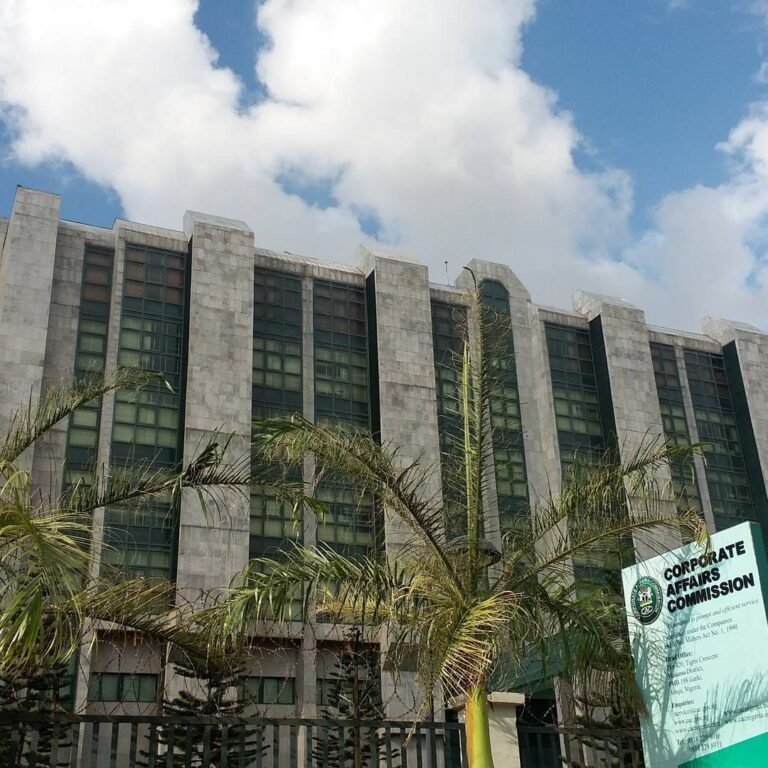The Nigerian government’s decision to impose a N50 levy on electronic transfers has sparked widespread outrage, with experts warning that this policy could severely damage the nation’s burgeoning fintech industry, push millions back towards cash transactions, and stall Nigeria’s digital revolution.
Opay, one of Nigeria’s leading fintech companies, announced the implementation of the government’s new charge on electronic transfers. This new levy is part of President Bola Tinubu’s broader strategy to widen the tax net, extending a charge previously limited to commercial banks. The Electronic Money Transfer Levy (EMTL) was introduced under the Finance Act 2020, but its recent extension to fintech companies is due to have its effects on the industry and consumers.
Economic experts are sounding alarms over the potential fallout from this policy. Marcel Okeke, a former Chief Economist at Zenith Bank, argues that the government’s attempt to boost revenue might backfire.
“The Federal Government’s move to impose a N50 levy on fintech transactions is driven by a desire to boost revenue. However, this approach may have unforeseen consequences,” Okeke cautioned. “By targeting digital transactions, the government may inadvertently discourage people from using these services, leading to a demonetisation of the economy.”
Nigeria’s fintech sector of over 200 companies has become a critical engine for economic growth. These companies provide essential services, including quick loans, flexible savings options, seamless payments, and e-commerce solutions. The industry has generated substantial revenue, with $293.2 million in the first quarter of 2021 alone. This represents a sharp increase from $178.3 million in 2018 and $153.1 million in 2017. However, the new levy could stifle this growth.
Okeke pointed out that the fee might push customers towards alternative platforms like returning to cash transactions, potentially choking the fintech industry’s expansion.
The implications of this policy extend beyond the fintech sector, it threatens Nigeria’s progress in financial inclusion and the broader digital economy. Nigeria has made significant progress in digital banking, recording 3.7 billion real-time transactions in 2021, making it the world’s sixth most developed real-time payment market. Data from the Nigeria Inter-Bank Settlement System (NIBSS) further highlights this growth, with electronic payment transactions reaching N234.4 trillion in the first quarter of 2024, reflecting a strong shift towards a cashless economy.
The Central Bank of Nigeria stated that cashless transactions ballooned to over N600 trillion at the end of 2023, from N395.38 trillion in 2022. This stride contributes to the country’s fourth position among the world’s economies maximising the economic benefits of real-time payments. Projections indicate that real-time transactions could reach 8.8 billion by 2026, potentially generating $6 billion in economic output and contributing an additional one percent to the country’s Gross Domestic Product (GDP).
The expansion of digital banking in Nigeria is a reflection of the country’s success stories in the fintech industry serving the previously unbanked community.
Beyond the macroeconomic impact, the new levy places a burden on students, the National Association of Nigerian Students (NANS) decried. In the statement released by the body’s headquarters, the new levy will further strain students’ financial resources which are already stretched thin.
“The proposed N50 Electronic Money Transfer Levy (EMTL) impacts over 40.1 million Nigerian students who use these fintech services,” NANS stated. “Many students rely on financial transfers for their education and daily expenses, and the new levy could significantly reduce the funds available for essential needs.”














